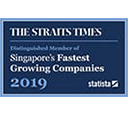Recycling your spent catalytic converters with BR Metals means you are working with an industry leader that’s committed to your growth. Besides highly competitive pricing or returns, you can expect platinum-class customer care and a range of services that make recycling your catalytic converters scrap stress-free and rewarding.
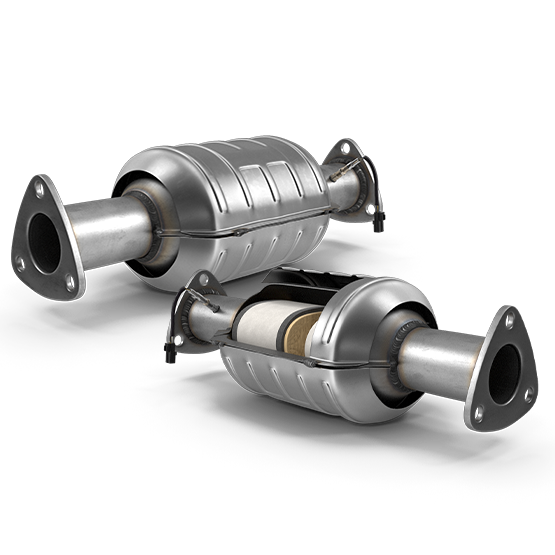
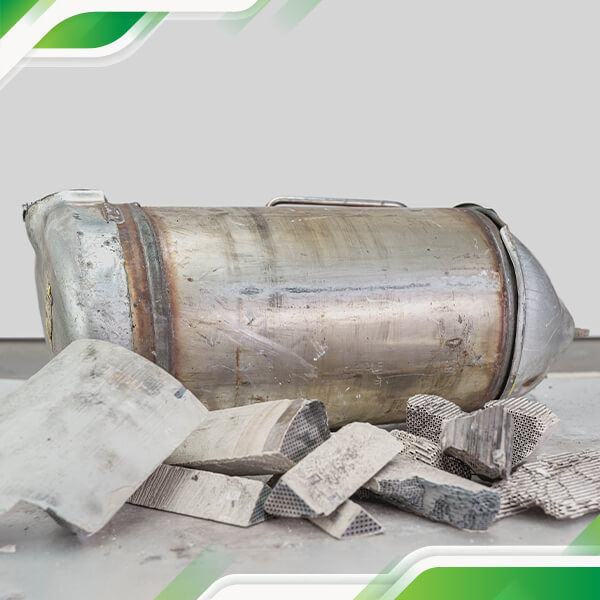
We process, recycle and recover precious metals from an array of scrap materials but our core competency is in the recovery of Platinum Group Metals (PGM) from end-of-life catalytic converters and diesel particular filters. From logistics, sampling and analysis, through to warehousing, shipping to the refinery and final settlement, our customers can expect nothing short of a fast and fuss-free service when it comes to recycling catalytic converters.
As every customer’s needs are unique, we proactively develop and customize our services to better serve them. Hence, we are offering 2 unique catalytic converter recycling models to meet the specific growth needs of different customers.
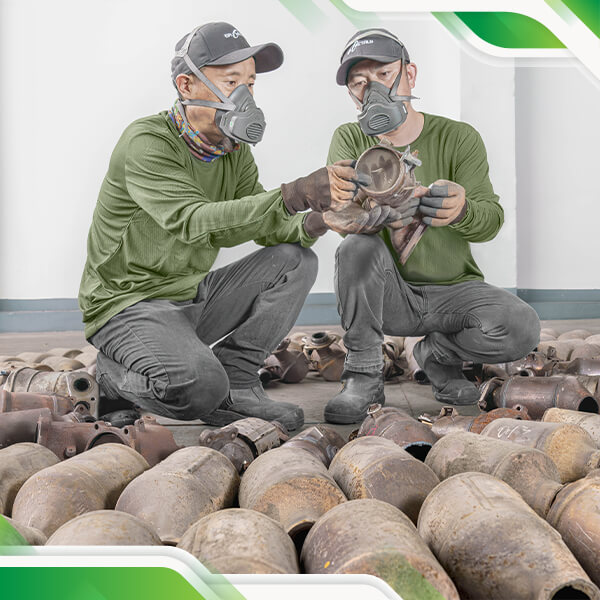
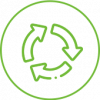
Instead of mining, the process of extracting precious metals such as palladium, platinum and rhodium is a much more eco-friendly method of recycling scrap materials. Generally, how much palladium, rhodium or platinum is in a catalytic converter? Metals such as nickel, copper, iron and manganese all have the composition necessary to function as catalysts in exhaust systems. However, as these metals corrode too fast, palladium is a much more common metal used. Averaging at about 2-7 grams per unit, palladium has a higher tolerance than most metals, including platinum.

In our recycling models, the sampling and analysis of catalytic converters are performed at our own facilities and state-of-the-art laboratory with the strictest attention to accuracy, transparency and fast turnaround. We also offer value-add services like technical support, financial assistance and hedging of metals to minimize the risk of price fluctuations, which helps customers to improve their cash flow and increase their buying capacity.

We have also created an online catalogue of over 14,000 individual catalytic converters with live updated prices, detailed images, makes, models, markings, weights of monoliths and PGM concentration so that both our customers and purchasing team can have the latest precise information. To enquire more, contact us today.



